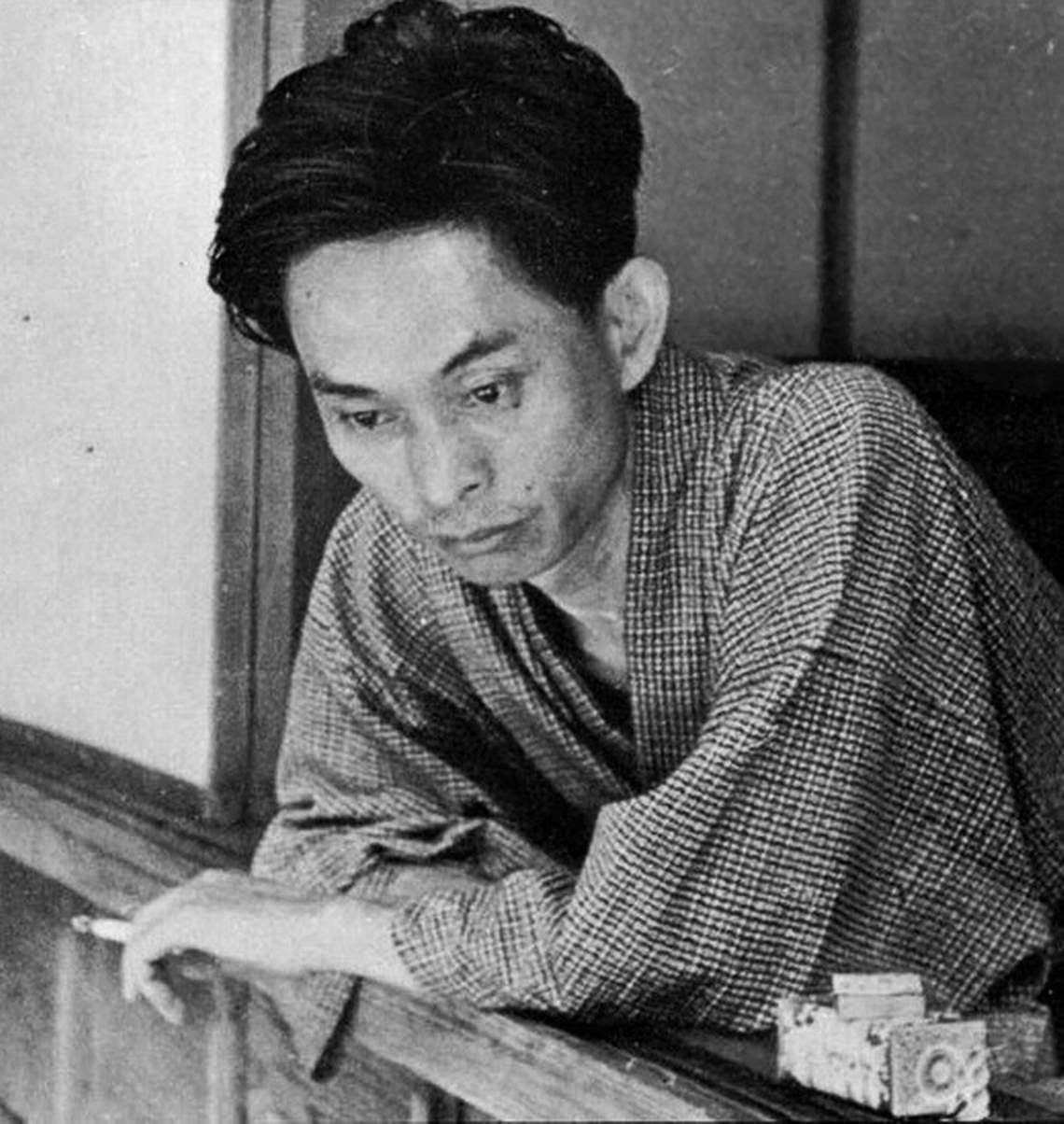Yasunari Kawabata frases e citações
Yasunari Kawabata: Frases em inglês
Japan, the Beautiful and Myself (1969)
Japan, the Beautiful and Myself (1969)
Japan, the Beautiful and Myself (1969)
Japan, the Beautiful and Myself (1969)
On the poetry of Myōe and ideas of Saigyō Hōshi
Japan, the Beautiful and Myself (1969)
Japan, the Beautiful and Myself (1969)
Japan, the Beautiful and Myself (1969)
Japan, the Beautiful and Myself (1969)
First lines (as translated by Edward Seidensticker).
Snow Country (1948)
Japan, the Beautiful and Myself (1969)
